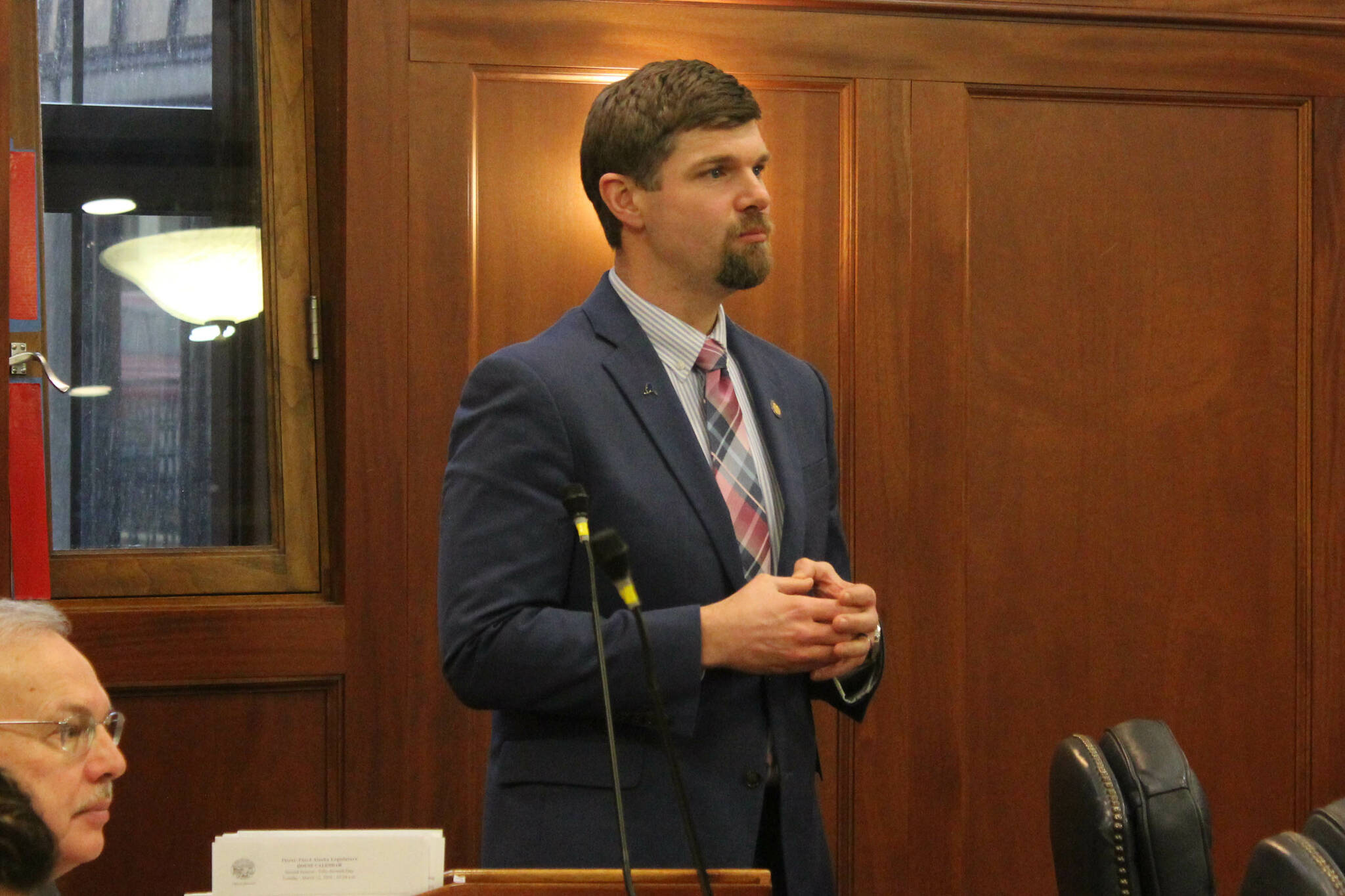Alaska relies heavily on food imports from Outside, creating the persistent concern of food insecurity. A significant portion of Alaska’s food comes from ports around Seattle through the Don Young Port of Alaska, and disruptions in these locations could have dire consequences for local food availability. Senate Bill 161, the bill I introduced to better support our farmers and contribute to a more resilient food system in Alaska, is being considered for final passage in the Senate this week.
Alaska state law allows farmland to be assessed at the farmland use rate, which can be lower than the usual tax rate for the property. This encourages farmers to keep their land in production, rather than selling it or converting it for other uses when property values and property taxes are rising.
SB 161 would amend current law to better support Alaska’s farmers. Specifically, the bill would change Alaska’s mandatory farmland property tax break to include farm-related structures and would modernize the qualification requirements to include the U.S. Department of Agriculture’s (USDA) definition of a farm and filing an IRS Schedule F.
Replacing the current statutory qualification that 10 percent of a farmer’s income comes from farm operations with the USDA definition incentivizes start-up farmers and small operations. It also protects the privacy of farmers. They would no longer be required to share all income sources and business interests with assessors. Farmers would only have to provide a copy of their Schedule F and any documentation necessary to demonstrate that they met the sales threshold. This change was recommended by the Alaska Food Strategy Task Force 2023 Report.
However, expanding the property that a farmer could claim at the lower tax rate and streamlining the application criteria could increase the unfunded mandate for municipalities. To provide balance, SB 161 narrows the scope of the operations that are covered to only those that produce food for people or livestock. I believe that if we’re going to put a mandated tax break on municipalities, it should focus on addressing a significant issue, such as food insecurity.
There are agriculture operations that contribute to their local economies but are not food related, some of which may currently qualify for the farmland tax use rate. To allow municipalities the option of continuing to cover these farms or increase the types of agricultural operations that receive full or partial tax exemptions, the bill also expands the optional municipal property tax exemptions in state law.
I am honored to be your State Senator and I want to hear from you. You’re welcome to call my office at 907-283-7996 or email me at Sen.Jesse.Bjorkman@akleg.gov. I hope you’ll take the time to share your questions and ideas.

